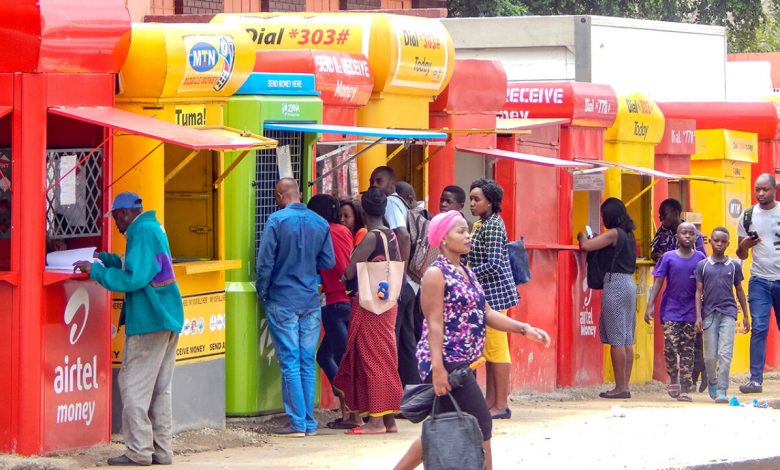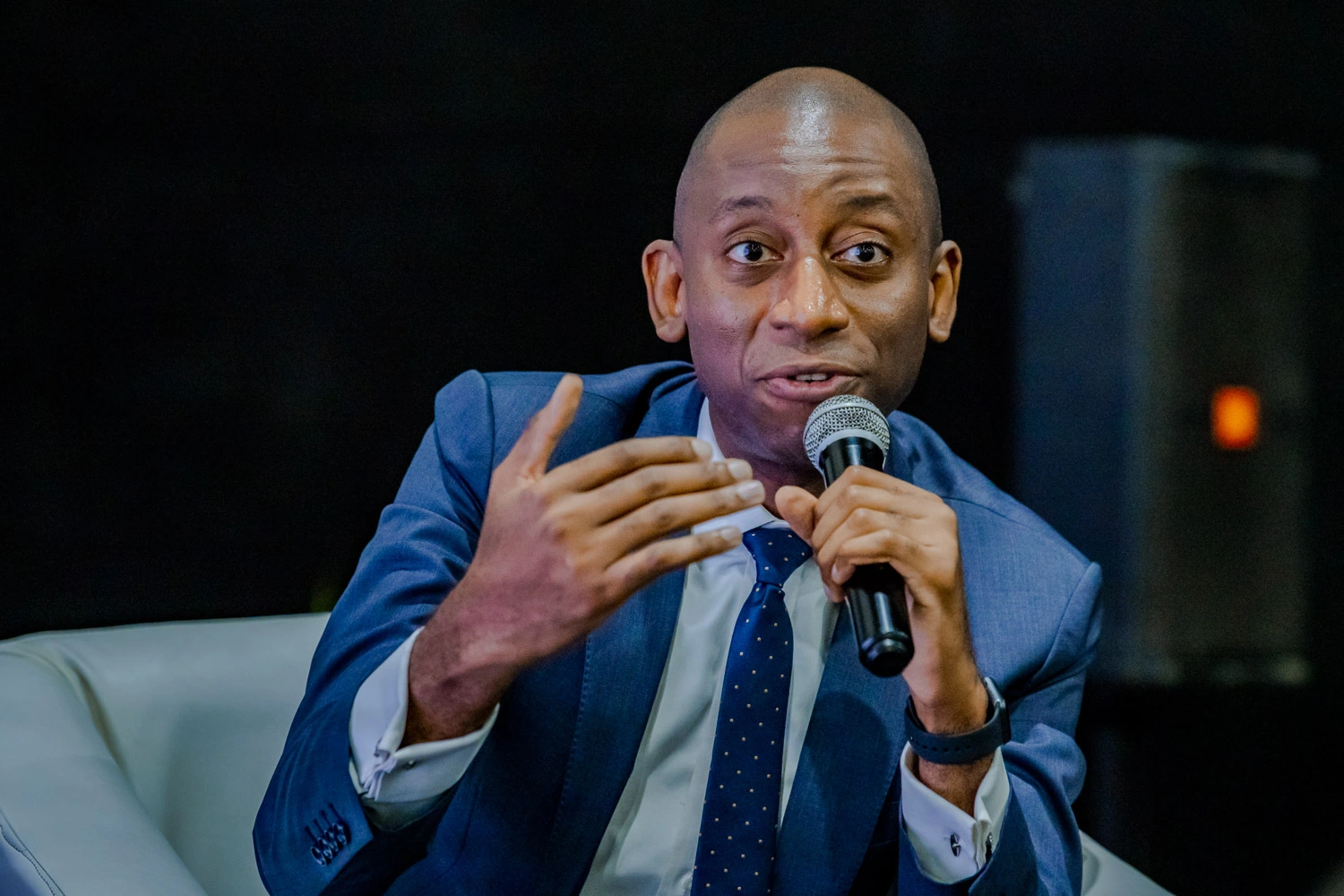Latest reports from Nigeria’s Inter Bank Settlement System (NIBSS) reveal that 2023 is turning out to be a watershed period for digital transactions, as continued spikes in mobile payments and point-of-sale (POS) transaction volumes deepen the argument that Nigeria’s economy is finally going cashless.
In reality, however, this growth appears to be driven by the lack of options that Nigerians are faced with due to the nation’s current cash crises. According to NIBSS, registered mobile users in Nigeria did transactions worth ₦2.37 trillion ($5.17 billion) in January 2023, recording a 125% volume increase from the previous year. In addition, the value of POS transactions surged to ₦807.16bn ($1.76 billion) in January 2023, a 40.69% increase from the ₦573.72bn ($1.25 billion) the nation recorded in January 2022.
As impressive as this growth may seem, it has not been without costs; Nigerians are having to buy the naira at charges of up to 20% fees at POS terminals nationwide.
Nigeria’s cash crises comes as a consequence of mopping up the old higher-denomination notes without an adequate release of the newly designed ones. Initially, Nigeria’s central bank set January 31, 2023 as the deadline for returning the older 200-, 500-, and 1000-naira notes, forcing Nigerians to visit the banks en-masse as they tried to rid themselves of the outgoing legal tender.
The deadline was again extended to February 10, allowing more people to deposit their older notes as the banks reported almost ₦2 trillion (4.36) in returned cash since the start of the exercise. Last week, the Supreme Court halted the exercise; the case is set to be heard tomorrow, February 15.
A bigger picture
While it is true that instant payments and mobile money usage have surged since the CBN launched its exercise, the full picture is that the surge is costing Nigerians much more than fancy growth metrics can tell.
“What is there to celebrate about POS transactions increasing when there’s really no other option for Nigerians to access cash?” Bola Omogunloye, a POS operator in Lagos, complained to TechCabal.
“Queues at ATMs are frightening and inflammable. Yet, ₦20,000 remains the limit per person. People need cash for their businesses. Informal workers need cash too, but I don’t think the government considered this category of people,” Omogunloye added.
Amid the cash scarcity, Nigerians continue to complain about the increasing failure rate of digital transactions. In recent times, most commercial banks in Nigeria have come under fire from angry Nigerians who are unable to complete their transactions digitally. This situation is also common to mobile money transactions.
The reason for this is not far-fetched: financial institutions are playing catchup with their internal infrastructure, most of which is meant to power cashless transactions.
“Nigeria’s move to outlaw high-value notes is the best thing that’s happened to mobile-money operators in Africa’s biggest economy,” is how Bloomberg opened a recent piece that highlights the role of the cash crises in spurring mobile money growth in Nigeria. But in reality, how possible is it for a crisis to permanently change consumer behaviour toward cashless transactions?
If mobile money and cashless transactions will characterise the transactions landscape in Africa’s most populous nation, then such a shift must be accompanied by increased trust in financial institutions, optimised payment systems, low-cost mobile money fees, and a general robust infrastructure that supports the traffic in a market of over 200 million people.
A cash crisis won’t do the job. At least, not permanently.




















